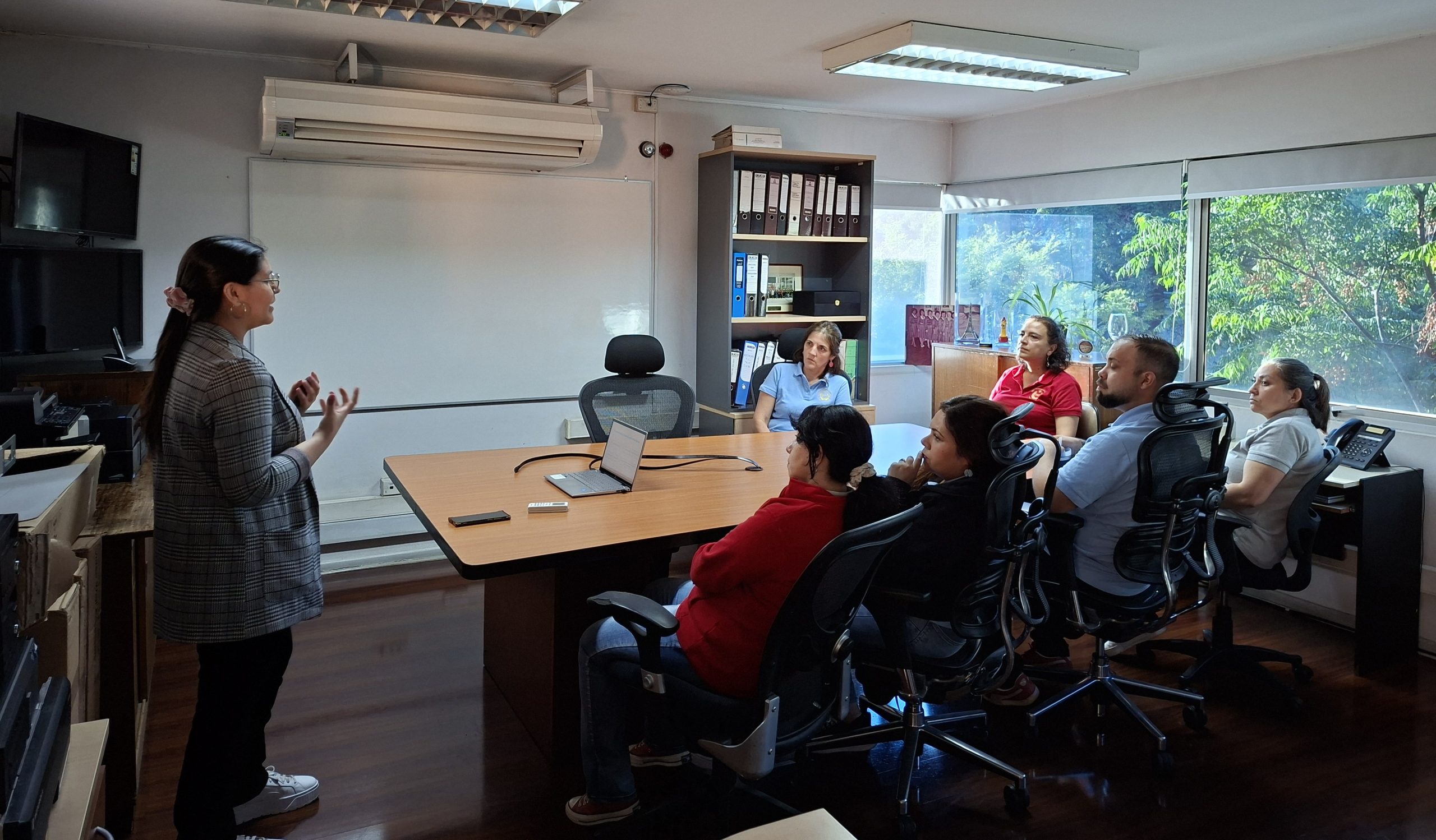
Through the Alliance Incubator, Alliance member Fundación Emilia’s advocacy is contributing to building momentum for 30 km/h zones in Chile. Using the Accountability Toolkit (Toolkit), citizen-led audits, and strategic partnerships, its advocacy is helping shape Chile’s emerging framework for 30 km/h zones.
Fundación Emilia began by assessing Chile’s national and municipal readiness for 30 km/h zones using the Toolkit’s Accountability Checklist. Its assessment showed that although Chile recognizes the importance of safe speeds, institutional leadership and coordination mechanisms for implementing 30 km/h zones at the municipal level were unclear. Using the Priority Interventions and Government To Do List in the Toolkit, it defined key asks for decision-makers: to finalize and operationalize a clear framework for 30 km/h zones, and to implement these zones in high-risk areas, especially around schools.
Fundación Emilia strengthened partnerships with academia, civil society, and communities. It conducted citizen-led road safety audits, supported by interns from Alberto Hurtado University, and partnered with Automóvil Club de Chile to expand stakeholder reach and enhance dialogue with government officials. With this support, Fundación Emilia engaged directly with CONASET, Chile’s National Traffic Safety Commission. To strengthen its messaging, it used the NGO Talking Points to frame arguments for 30 km/h zones and to emphasize the safety, human rights, and public health rationale for action. Through its engagements, Fundación Emilia contributed to the finalization of the Calm Traffic Zones (ZTC) Manual, which incorporated its technical, social, and community-based recommendations.
Fundación Emilia’s advocacy has increased awareness and generated new commitments for 30 km/h zones. In Recoleta, the municipality acknowledged Fundación Emilia’s audit near Arturo Pérez Canto School. In Valparaíso, audits around Escuela David Ben Gurion and CESFAM Las Cañas exposed serious risks to pedestrians, triggering media coverage in La Estrella de Valparaíso and prompting local authorities to commit to improvements.
“The progress made so far is due to clear communication, strong community mobilization, and steady engagement with authorities. Framing safe speeds as a rights-based issue added moral urgency and strengthened our advocacy,” says Fundación Emilia.
Fundación Emilia is now tracking these commitments using the Accountability Tracker to ensure they translate into implementation of 30 km/h zones. It continues its advocacy to sustain momentum and ensure that safe speed limits remain on the government agenda.